“When we are young, the words are scattered all around us. As they are assembled by experience, so also are we, sentence by sentence, until the story takes shape.” (From “The Plague of Doves” by Louis Erdrich, a Turtle Mountain Ojibwa).
That is a photo of me above and my latest painting, “The God Particle” (Higgs-Bosun particle). 8 feet by 2 1/2 feet, acrylic on board.
I’m not an astro-physicist anymore than I am a theologian or philosopher (although I play one on facebook). Nevertheless this is my latest painting inspired by the *discovery* of the “God particle.” Of course, just like pictures of God (whether fashioned from weapons, words or paint) pictures of the God particle are subject to the artists imagination (and the artist’s fears, hopes, prejudices, desires, pride, faith, doubts and weakness for sinful idolatry). When tragedy, suffering, and death happen we are right to ask “where is God,” but can we ask the same of the ‘god particle’?
David Bentley Hart painted a pretty good (though not altogether original and convincing) picture about all this in his book, “The Doors of the Sea: Where Was God in the Tsunami.” And in this interview below he says:
“To see the world in the Christian way–which…requires the eye of charity and a faith in Easter–is in some sense to venture everything upon an absurd impracticality… But, as I was writing the book, I found myself thinking again of a photograph I had seen in the Baltimore Sun. The story concerned the Akhdam, the lowest social caste in Yemen, supposedly descended from Ethiopians left behind when the ancient Ethiopian empire was driven out of Arabia in the sixth century, who live in the most unimaginable squalor. In the background of the photo was a scattering of huts constructed from crates and shreds of canvas, and on all sides barren earth; but in the foreground was a little girl, extremely pretty, dressed in tatters, but with her arms outspread, a look of delight upon her face, dancing.
To me that was a heartbreaking picture, of course, but it was also an image of something amazing and glorious: the sheer ecstasy of innocence, the happiness of a child who can dance amid despair and desolation because her joy came with her into the world and prompts her to dance as if she were in the midst of paradise.….That child’s dance is nothing less than the eternal dance of divine Wisdom before God’s throne, the dance of David and the angels and saints before his glory; it is the true face of creation, which God came to restore and which he will not suffer to see corruption.” (from “Where Was God? An Interview with David Bentley Hart.” The Christian Century 10 Jan. 2006: 26-29.)
I too like to think of that pretty little Yemeni girl as much more than a particle, even more than a god-particle, I like to think of her as an inseparable part of God’s very being in the world. As if one morning God woke up and just felt such joy that God felt like singing and dancing so God created children! “Amazing, innocence, paradise, glory, dancing,” these are the colors Hart uses to paint for us that little Yemeni girl. But there is war in Yemen, and the life of that little girl of Hart’s imagination is in real danger from us (americans). And when we kill her with one of our predator drones who will ask, “where was god?” So my ‘god particle‘ is violent, and it looks like an explosion, like war, but no matter how many atoms we smash we do not seem to be getting any nearer to the ‘true face of creation,’ to wisdom, to love, and I wish I was the kind of artist that knew how to paint that.
In Yemeni culture poets and poetry are very highly esteemed. Indeed, many of their ongoing tribal and political/religious/ideological divisions and battles are fought with words and poetry (as well as guns and bombs). These noisy contests often take place in the street and village squares and go on for hours. Here is one of my favorites from Abdulwahhab Al-Bayyati
The Rats of the fields of words
Buried the head of the poet
In a field of ashes
But the poet on the cross of exile
Carried the sun and flew
Klediments:
“To be a poet in a destitute time means to attend, singing, to the trace of the fugitive gods. This is why the poet in the time of the world’s night utters the holy”
(M. Heidegger).
Let me just offer a klediment of fb posts, book reviews, news updates, and poetry from the last month or so. And so again, I suggest you open up another window and put on this music, Pérotin's "Beata Viscera," http://www.youtube.com/watch?v=J0KX_Wr_kAo&list=FL9jaxhjKAZ3xS_xu6DVRP9Q&index=2&feature=plpp_video
It is based on “The Seven Sorrows of the Virgin” and I pray it reminds us that ‘The world lives in the death of speech.’
I was watching the news between commercials, listening to politicians and jesters (human product placement ads for principalities and powers) explain without explaining, answer without answering, talk without saying, smile without joy, cry without sorrow; feigning anger and moral outrage over the sheerist silliness while great crimes go unmentioned. They pretend to speak for god, for humanity, for life, for justice, for the people, for the children, for the future, for us, for me, but they are hollow puppets, empty reeds, and not even when it comes to killing and death, net even when their hands are red with blood, do they come near anything that might be called ‘the truth.’
So I was sad and fed up and I put on this music and went to work in the garden. And because I was sad and a bit lonely I did not shoo away the damned bunnies that keep eating my lettuce and beet sprouts like I usually do. I let them eat in peace and keep me company until the shadow of an eagle fell over us and they raced in panic into the bushes. For bunnies the shadow of death and death itself may be closer to the same thing and they are wise to be afraid. As far as we know bunnies do not write poetry, but if they did what would they make of eagles? gods or devils?
Well, if the music is still going, maybe as you listen you can read this poem by Juan Ramon Jimenez because the words to Perotin’s song are too sad and I don’t want to post them.
Who knows what is going on on the other side of each hour?
How many times the sunrise was
there, behind a mountain!
there, behind a mountain!
How many times the brilliant cloud piling up far off
was already a golden body full of thunder!
was already a golden body full of thunder!
This rose was poison.
That sword gave life.
I was thinking of a flowery meadow
at the end of a road,
and found myself in the slough.
at the end of a road,
and found myself in the slough.
I was thinking of the greatness of what was human,
and found myself in the divine.
and found myself in the divine.




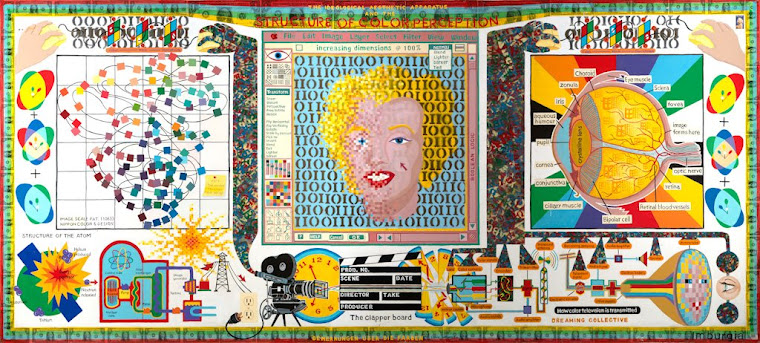


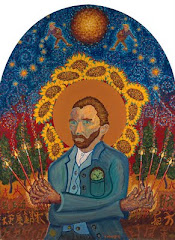


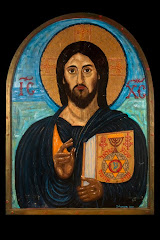
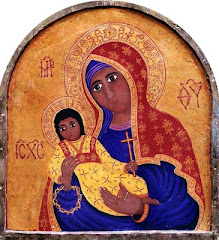

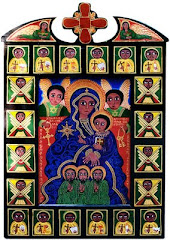

Read it. Liked it. Thanks.
ReplyDeleteI find your writing engaging but necessarily in a 'conversational' way, so I often don't have much to add.
- David D
Obliged David and thanks for dropping by. And hey, we here at TzimTzum have a very flexible comment policy so no worry about being banned or deleted here. I want folks to just chat away with whatever strikes them. I know that before I post on some blogs I feel like I'm ordering soup from the soup nazi, one mistake and 'NO COMMENT FOR YOU.' (of course we'll see how I act if I ever get more than one comment every 6 months lol. blessings and obliged.
DeleteDaniel, I have been following with your blog along when time allows and find much to think about. I actually should like to drop you a note off the public record if you wouldn't mind terribly. I am a carpenter, poet and a lover of Arendt, Simone W., and Celan as well as Mandelstam, HD, and Duncan and would simply like to talk. Any chance of chatting via email. I don't see a link to that here. Andrew maydayhope68@gmail.com
ReplyDeleteSure Andrew, I thought my email was on here somewhere I will see if I can figure out how and where I should put it. obliged oh, are you on fb?
ReplyDeletedannya54@whidbey.com